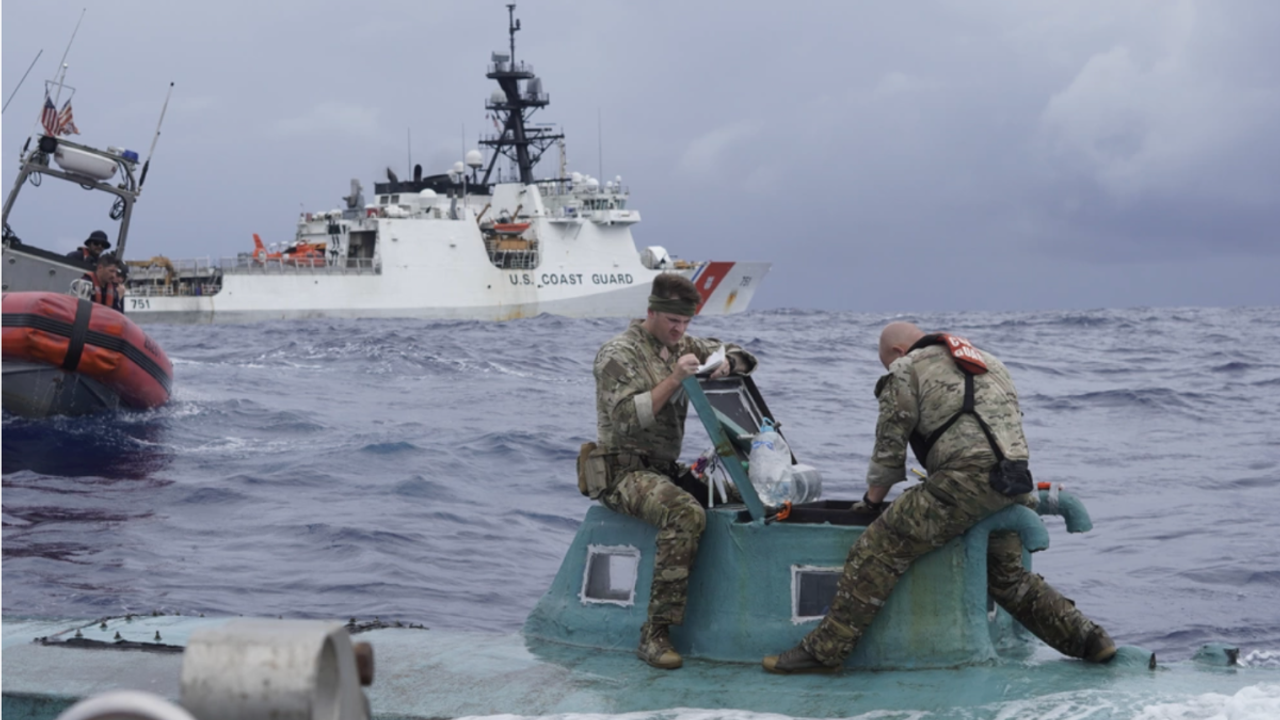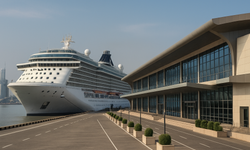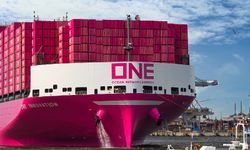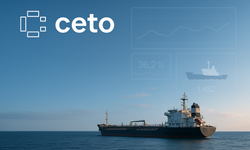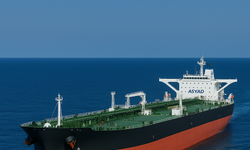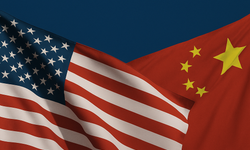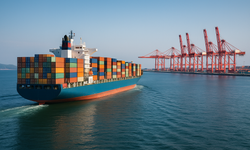Two former employees of the Colombian Navy, Jair Alberto Alvarez Valenzuela (54) and Luis Carlos Diaz Martinez (32), have been extradited to the U.S. for their involvement in a plot to assist narcotraffickers. The pair allegedly helped drug traffickers track law enforcement vessels by placing GPS devices on Colombian Navy ships, enabling them to avoid detection while transporting cocaine.
The former officers worked for Colombia’s Armada Nacional, with Alvarez Valenzuela serving as a civil electromechanical engineer at a coast guard station in Urabá, a key region for drug trade. Diaz Martinez worked in the Navy until 2012. The duo conspired to pay active-duty sailors to secretly install tracking devices on four critical Colombian Navy vessels, including the missile frigate ARC Antioquia and coastal patrol boats like ARC Punta Espalda, ARC 11 de Noviembre, and ARC Toledo.
These tracking devices allowed traffickers to monitor the positions of law enforcement ships and route their smuggling boats accordingly, avoiding interception. Between November 2022 and March 2023, the devices provided GPS data for traffickers to navigate the Caribbean and nearby waters undetected.
The two men are linked to the Gulf Clan, Colombia’s most powerful drug cartel, which operates heavily in Urabá and controls much of the cocaine export from the region. The cartel, notorious for its use of submersible narco-subs, has long employed various tactics, including bribing authorities and creating spy networks disguised as fishermen, to protect its cocaine shipments bound for the U.S.
This extradition is part of ongoing U.S. efforts to combat drug trafficking in international waters. U.S. agencies like the DEA, FBI, and Coast Guard Investigative Service were involved in the investigation, which highlights the growing complexity of drug smuggling operations. The Gulf Clan continues to be a significant force in the global drug trade, deploying innovative methods to avoid law enforcement and smuggle drugs across borders.
